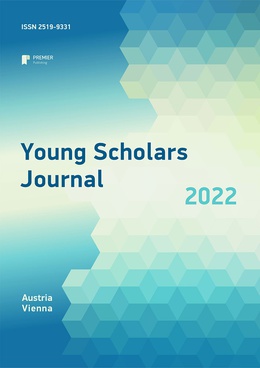Predictive Model for Students' Math Performance
Authors
Bi Qianran

Share
Annotation
Aim: This study aimed to build a predictive model for the final grade of math students.
Method: A public data was used in this study. All the records were randomly assigned into 2 groups: training sample (50%) and testing sample (50%). A linear regression model was built to predict the final grade of math students using the training sample and then was applied in the testing sample for performance assessment.
The random sample size is 325 in the testing sample and 324 in training sample, a total of 649 records. The average score was 11.91 for the full sample, 11.76 in the training sample, and 12.05 in the testing sample.
According to the linear regression, father education, study time, previous failures, school sup, paid tuition, higher, internet, daytime alcohol assumption can predict the final grade among math students.
Multiple R-squared was 0.3154 and the adjusted R-squared was 0.258. The average mean squared error for the linear model in the testing sample was 8.5. The correlation between the predicted and the observed was 0.494. The min-max accuracy was 0.8355. Mean absolute percentage deviation is 0.99.
Conclusions: In this study, we identified important of predictors for the final grade of math students, for example father’s education, daytime alcohol assumption.
Keywords
Authors
Bi Qianran

Share
References:
[1] Academic Performance Predictors https://ieeexplore.ieee.org/document/7096239
[2] Predictors of academic performance and school engagement — Integrating persistence, motivation and study skills perspectives using person-centered and variable-centered approaches. https://www.sciencedirect.com/science/article/pii/S1041608012001677
[3] Peng, C. J., Lee, K. L., Ingersoll, G. M. An Introduction to Logistic Regression Analysis and
Reporting. The Journal of Educational Research, 96(1), 3-14.
[4] Tabachnick, B., and Fidell, L. Using Multivariate Statistics (4th Ed.). Needham Heights,
MA: Allyn & Bacon, 2001.
[5] StatSoft, Electronic Statistics Textbook, http://www.statsoft.com/textbook/stathome.html.
[6] Stokes, M., Davis, C. S. Categorical Data Analysis Using the SAS System, SAS Institute
Inc., 1995.


